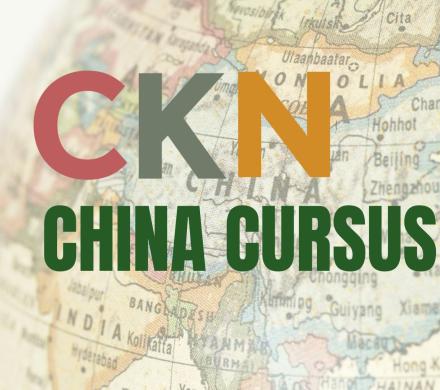Dutch collaboration with PhD students sponsored by the China Scholarship Council

This report analyses the scope and nature of Dutch collaboration with the China Scholarship Council (CSC), a non-profit organisation affiliated with the Ministry of Education of the People’s Republic of China. This collaboration has come under scrutiny in the Netherlands and beyond due to various knowledge security concerns: concerns that CSC PhD students may facilitate undesirable knowledge transfer or other forms of foreign interference activities, and concerns about possible dependencies of Dutch knowledge institutes on CSC PhD students, which may make them vulnerable to Chinese political pressure and to geopolitical developments involving China. In addition, media reports about CSC students having to sign ‘loyalty pledges’ to the Chinese Communist Party and its policies have caused concern about Chinese infringements on academic freedom.
This report finds that there were approximately 2,197 CSC PhD students in the Netherlands in 2023. Close to half of this number performs research in fields that are of strategic importance to both China (Chapter 1) and the Netherlands. Despite these numbers, dependencies of Dutch knowledge institutions on CSC PhD students in strategic areas of research are limited. This report also discusses the potential challenges, risks, and benefits in collaborating with CSC, as well as scenarios for future developments, and collaboration with CSC in other European countries.
The report offers several recommendations regarding collaboration with CSC to the Dutch government. These include providing guidance to knowledge institutions, coordinating national level discussions with CSC, and encouraging Dutch knowledge institutions to diversify sources of PhD scholarship funding and formulate contingency plans.
Authors:
Dr. Ingrid d’Hooghe is Senior Research Fellow at the Clingendael China Centre. Her areas of expertise are China and geopolitics, China’s foreign policy and diplomacy, with a focus on China - EU relations, and European Science and Technology Collaboration with China, including China’s Science and Technology policies, China’s academic system, and economic security and knowledge security developments with regard to China.
Xiaoxue Martin is a Research Fellow at the Clingendael China Centre. Her work focuses on the contemporary politics and international relations of China, in particular Hong Kong and Taiwan affairs, and China’s relations with the United States and European Union. She has researched topics including European dependence on China, the Belt and Road Initiative, and Chinese soft power in Europe.

Clingendael Institute
Clingendael is an independent think tank and a diplomatic academy, based in The Hague - City of Peace and Justice. We aim to contribute to a secure, sustainable and just world through our analyses, training and public debate. We work with partners across public and private sectors, including policymakers, members of the armed forces, diplomats, politicians and business executives.



